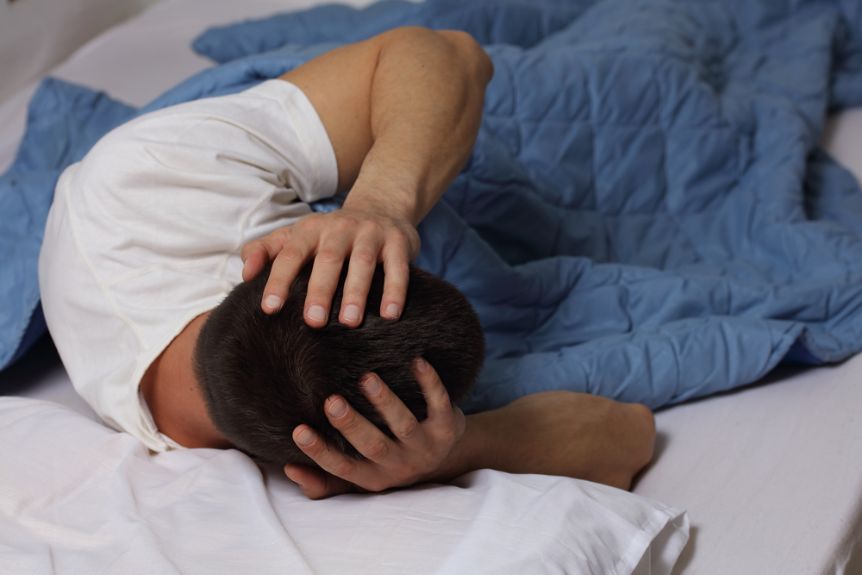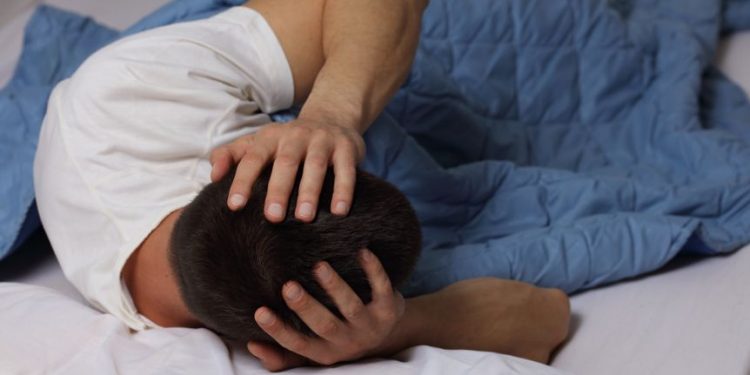If you’re suffering from Sleep disorders symptoms, it is important to seek medical help. These disorders can have a serious impact on your health, and they can affect how you perform at work or school, as well as your mental state and general well-being.
Symptoms can vary depending on the condition, but most commonly, they include a lack of sleep or a difficulty falling asleep. They also may include a change in your sleep and wake cycles or a feeling of being very tired during the day.
Insomnia, for example, is a common disorder in which people cannot fall asleep or stay asleep for long periods of time. It can be caused by stress and anxiety, hormones or other underlying conditions.
Other sleep disorders, such as obstructive sleep apnea (OSA), can lead to serious health consequences like heart disease and diabetes. They can also cause daytime fatigue that can impair your performance at work and interfere with relationships.
Polysomnography is a test that monitors your body during sleep. Typically, it is conducted in a hospital or sleep center and records your breathing, eye movements and brain waves while you’re sleeping.
Several types of sleep disorders can be treated with medication. Some of the most common medications used to treat insomnia include benzodiazepines, diazepam and lorazepam. In addition, doctors can recommend antidepressants to help with insomnia and other symptoms.
Some sleep disorders can be treated with lifestyle changes. These might involve a diet that is low in sugar and caffeine, exercise, or effective stress management techniques. In other cases, medications such as a CPAP machine or a mouthguard can be used to help with sleep apnea.

Treatment of other sleep disorders is often done through counseling or cognitive behavioral therapy. These therapies are generally not as quick as medication or other physical treatments, but they can be very effective for some patients.
Parasomnias
During REM sleep, which is part of the sleep cycle when dreaming occurs, some people can’t relax their muscles and “act out” their dreams by saying or moving in their sleep. These behaviors are usually disruptive and can cause injury to the person with the disorder or their bed partner.
Narcolepsy
Unlike other sleep disorders that are triggered by the same factors, narcolepsy causes people to suddenly feel extremely tired and then fall asleep without warning during the day. They may also experience sudden muscle weakness or sleep paralysis.
Circadian rhythm disturbances are a group of disorders that disrupt a person’s natural circadian clock, which is the system in the body that regulates a person’s daily schedule and biological processes. The symptoms of these disorders can include changes in mood, irritability, and difficulty performing tasks.
Excessive sleepiness, referred to as hypersomnia, is another type of sleep disorder that can impact your ability to function during the daytime. This can be difficult to overcome, and it can lead to a decrease in performance at work or school as well as a poorer quality of life.










